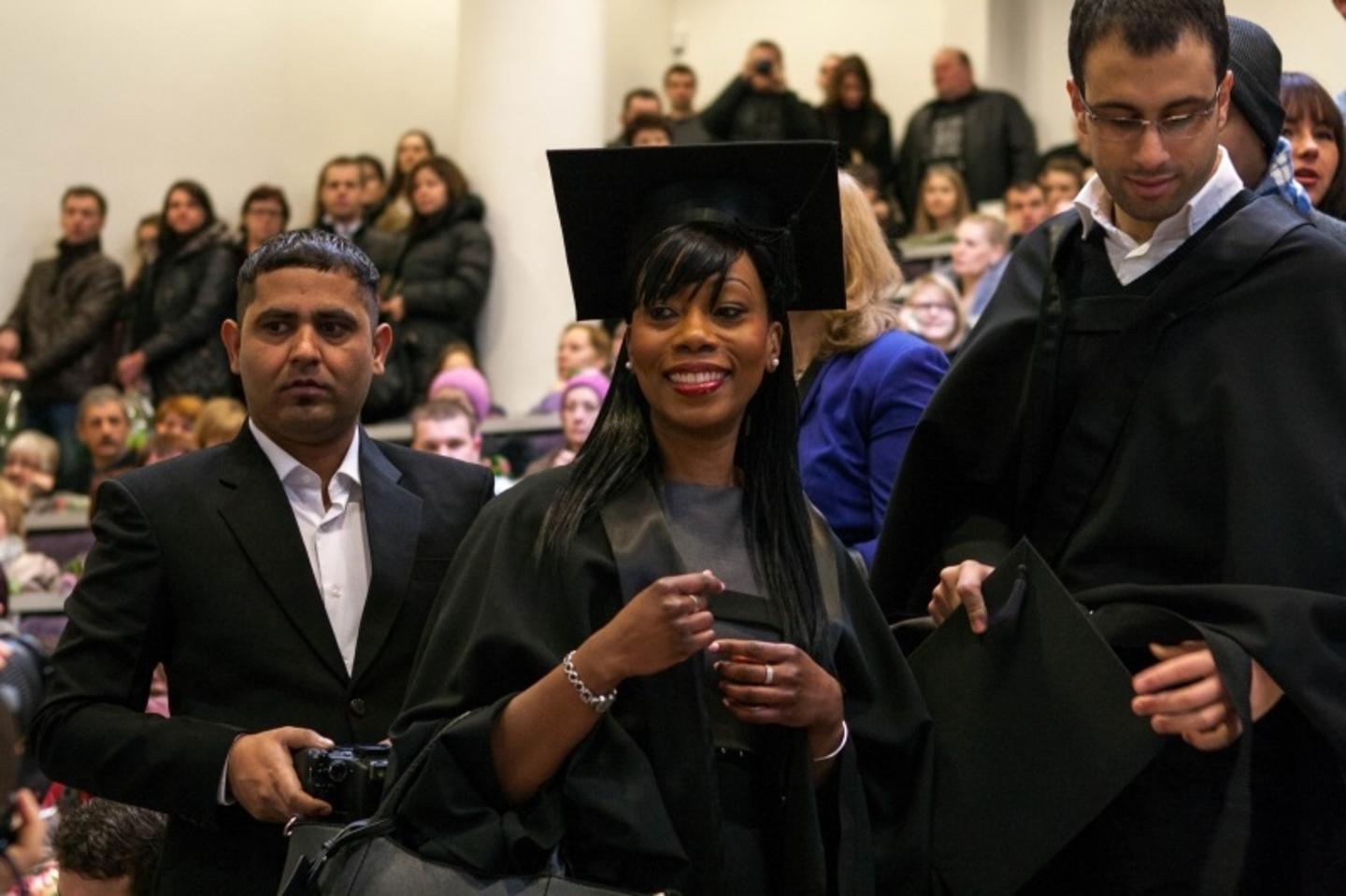The Ethnic Kitchen project is a human rights advocacy campaign against xenophobia, racism, sexism, and ageism. The project supported Lithuanian filmmaker, Aiste Ptakauske, in producing a documentary drama that tells the real-life stories of six women who emigrated to Lithuania. The women are from a diverse range of countries, ages and religions and the film recounts their experiences. Their reasons for coming to Lithuania and the reasons they stayed also vary. Once the film was completed, the next part of the project involves 15 free screenings in towns across Lithuania. The screenings are followed by a debate involving the women, experts on the human rights’ situation in Lithuania and the public at large, inviting them to reflect on the situation of immigrants generally and those in Lithuania in particular.
Minorities
Ethnic Kitchen raises awareness of the challenges faced by ethnic minorities in Lithuania. Migrants make up only 1% of the Lithuanian population, so many Lithuanians will never have met a migrant, be aware of the reasons why they’ve emigrated or know the issues they face on a day-to-day basis. With an increase in nationalistic and racist messages in public discourse, Ethnic Kitchen sheds light on the situation of migrants, challenges prejudices and encourages Lithuanians to be more understanding and accepting of those from different cultural backgrounds from their own.
“The kitchen in this piece is much more than just a physical space where meals are prepared out of different ingredients. In the context of the drama the kitchen is an emotional space of intimacy where a true face of humanity emerges out of scarce crumbs of honesty and compassion,” writes Aiste Ptakauske, producer and the driving force behind this project.
Ethnic Kitchen challenges xenophobia, by challenging its roots. The project shows that whilst we are all different, we have a shared humanity and that we have nothing to fear in ‘the other’.
Safe
One of the women who took part in the film is Keisha Laraine Ingram, she built bridges in Jamaica, constructed roads in Afghanistan, and developed squares in Zambia. Keisha came to Lithuania to study for a Master’s degree in management at Mykolas Romeris University and develop the entrepreneurship skills to start her own business so that she can help those who are less fortunate than herself. After graduation, she hopes to live and work in Lithuania, because she feels safer and happier here than anywhere else.
The showings are also accompanied by activities such as a short cooking lesson from Marisa Leonaviciene, who is originally from Uruguay, and a talk from Bozena Karveliene, head of the Roma Integration Centre, on Romany costumes and souvenirs.
Iceland, Liechtenstein and Norway contributed €135 673 to this project, which comes under the NGO programme for Lithuania. The project promoter is the US-LT Alumni Association. The project began in 2013 and will come to an end in 2015.
